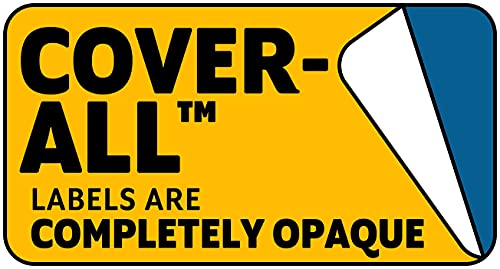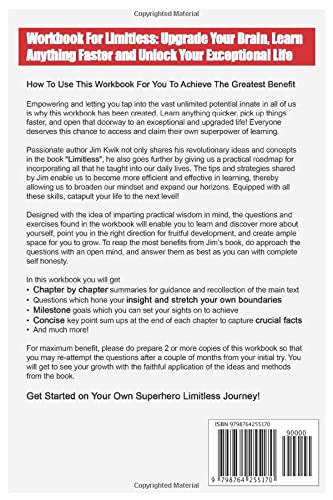Personal Identity in Moral and Legal Reasoning (Philosophy of Personalism)
₱2,622.00
Product Description
Many questions about moral and legal judgments hinge on how we understand the identity of the agents. The intractability of many of these questions stems, this book argues, from ignoring how we actually connect actions with agents.
When making everyday judgments about the morality or legality of actions, we do not use Aristotelian logic but what is termed “character logic”. The difference is crucial because implicit in character logic is an understanding of personal identity that is both coherent and intuitively familiar. A person, as we conceptualize him in moral and legal contexts, is a character of resolve. By unpacking what it means to be a character of resolve, this book reveals what underwrites our most fundamental beliefs about a person’s rights and responsibilities. It also provides a new and useful perspective on a variety of issues about rights and responsibilities that perennially occupy philosophers. This book discusses the following:
• How we can make better sense of “human rights” if we think of them as “personal rights”. • How the right to be civilly disobedient, in contrast with ordinary law-breaking, can be justified as a personal right. • What basis we have for holding that someone’s responsibility is diminished. • How it makes sense to hold someone responsible for acting irresponsibly. • How it makes sense to distinguish a juvenile offender from someone who should be tried in criminal court. • What kind of correction we should expect from our correctional institutions and how we should design them to achieve that.
By making explicit the axioms of character logic and exploring their origins and justification, the book provides a conceptually powerful tool for interpreting the protocols of a person-respecting society.
Review
Far and away the most important contribution to personalist philosophy in at least the last 10 years. More, this book effects any and every attempt to speak about persons and the world in which they live. Prust and Geller’s ‘Character Logic’ lifts the heavy burden of Aristotelian categories from the shoulders of Western philosophy once and for all. Follow their thinking out and we will certainly discover the means to reconcile the many dichotomies which continue to plague us: subject/object, mind/body, self/other, etc. ‘Character Logic’ transforms all such abstractions into concrete modes of activity: the ways and means by which persons come to be. Furthermore, by subtly navigating the practical proceedings of our moral judgements, this ‘Character Logic’ offers every kind of ethicist a route back to the real world of human intercourse. Put bluntly, this illuminating work could and should change the way philosophy is done across the board. Since it is only the beginning of a new philosophical conversation, it is to be profoundly hoped that this is not the last word on the subject. It is, nevertheless, quite clearly the first sensible word that has been spoken on the subject in some considerable time.
Simon Smith Open Research Team, University of Surrey; Editor of ‘Appraisal’, journal of the British Personalist Forum
The concept “person” is central to Western thought and life but has fallen into philosophical disrepute. Rational discourse about persons seems illusory to many. In this book Prust and Geller reclaim the concept and set out an approach to reasoning about persons. What they term “character logic” is central to their project. They posit that reasoning about persons is different from reasoning about things. Aristotelian logic is inappropriate because it concerns relationships between categories. For Prust and Geller, persons are not categorical. Instead, persons are identified by “the present character of their resolve.” Roughly speaking, that means a person is what she intentionally does. Character logic takes the form A does C. Explanation is not causal, but intentional. Importantly, Prust and Geller eschew rough speaking: they use fo














